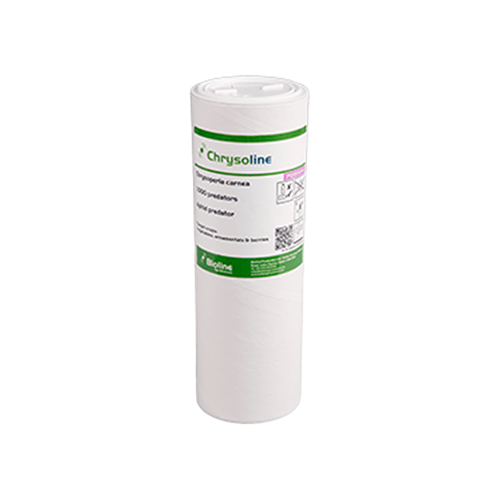
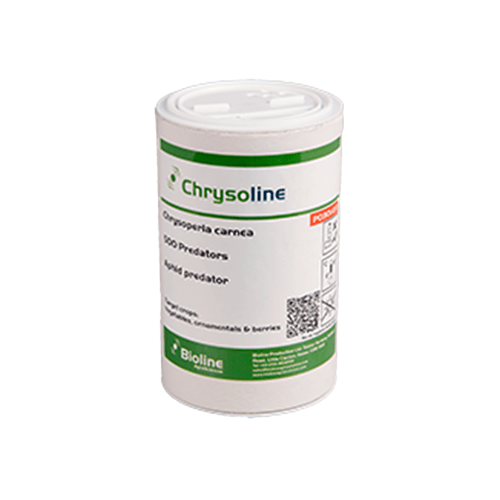
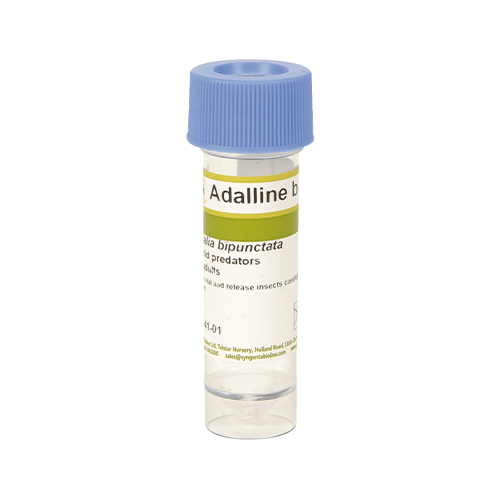
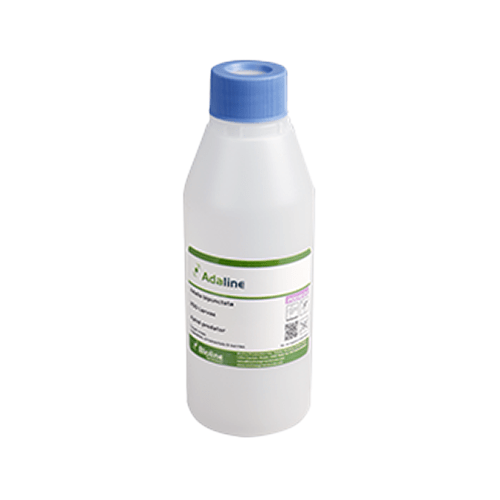
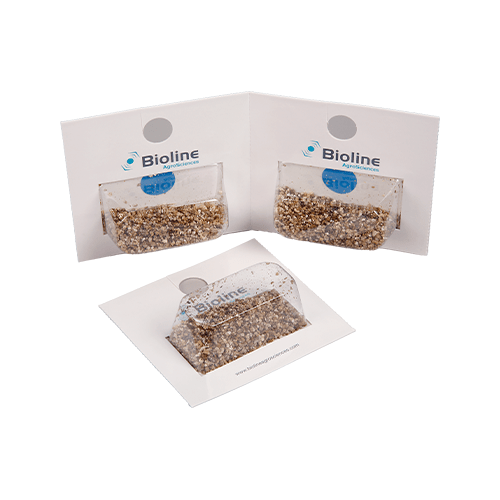
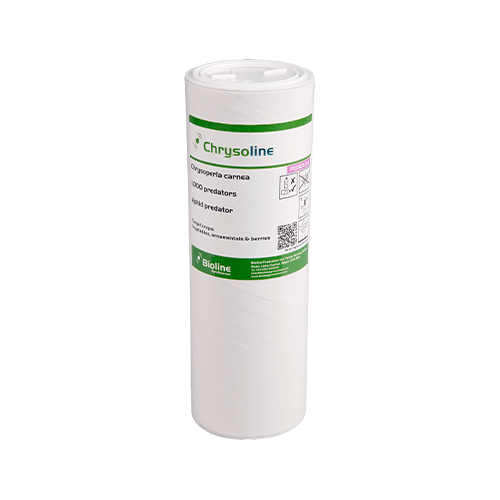
Aphid Predators
In stock, Pickup available at London Grow HQ
Usually ready in 24 hours

Aphid Predators
100 larvae - Adalia bipunctata (for Aphids/Greenfly/Blackfly)
London Grow HQ
R/O 121 Theobalds Park Road
Enfield EN2 9BH
United Kingdom

DISCLAIMER: All predators are dispatched separately from a different location. Typically you will receive these within 48 hours of placing your order.
Overview
When your garden falls under the siege of aphid infestations, look no further than our Natural Predator Mites collection. Designed to address aphid problems effectively, this selection offers three distinct species: Adalia bipunctata, Aphidoletes aphidimyza, and Chrysoperla carnea. Each species brings a unique set of skills to the table, providing a natural and eco-friendly solution for safeguarding your plants from aphids.
General Information
Aphids can multiply at alarming rates. They are tiny sap-sucking insects that’ll cause extensive damage to your plants. The Natural Predator Mites in this collection are expert hunters with a voracious appetite for aphids. Here's a brief look at each species:
- Adalia bipunctata (Two-Spotted Lady Beetle): These iconic lady beetles are well-known for their aphid-eating prowess. They voraciously consume aphids in various life stages, effectively reducing infestations.
- Aphidoletes aphidimyza (Aphid Midges): These small but mighty midges lay their eggs near aphid colonies. When the eggs hatch, the larvae actively feed on aphids, making them a valuable biological control agent.
- Chrysoperla carnea (Green Lacewing): Adult green lacewings feed on nectar and pollen, while their larvae are voracious predators of aphids and other garden pests. They're highly effective in reducing aphid populations.
Benefits
- Goodbye Chemicals: By introducing these predator mites to your garden, you're employing nature's own solution to combat aphid infestations, eliminating the need for harmful chemical pesticides.
- Targeted Pest Eradication: Each species is uniquely suited to tackle aphids in different ways, making this collection versatile for various aphid challenges.
- Reduced Plant Damage: With aphid populations in check, your plants can flourish without the stress of aphid damage, resulting in better growth, flowering, and overall plant health.
- Eco-Friendly Gardening: Using Natural Predator Mites promotes a balanced ecosystem where beneficial insects play a pivotal role in maintaining pest populations.
How to Use
- Identification: Confirm that aphids are the culprits causing damage to your plants. Aphids are typically small, soft-bodied insects that gather in large numbers on plant stems and leaves.
- Species Selection: Choose the appropriate predator mite species based on your aphid problem. For example, use Adalia bipunctata for general aphid control, Aphidoletes aphidimyza for a unique approach, and Chrysoperla carnea for broader pest management.
- Release: Follow the provided instructions to introduce the selected predator mite species into your garden. Typically, you'll release them near the affected plants.
- Monitoring: Keep a watchful eye on the progress. Over time, you should observe a reduction in aphid populations as the predator mites actively feed on the pests.
- Maintenance: For more severe infestations or to maintain long-term protection, consider additional releases of the appropriate predator mite species as needed.

